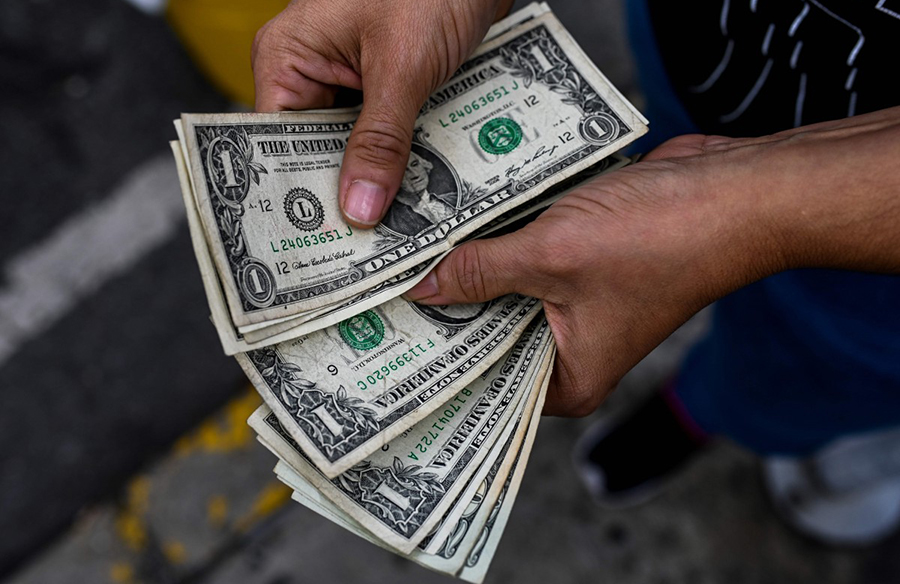The dollar pulled back some gains recorded on Monday against most of its major rivals at London’s trading session, amid worries about the second wave of COVID-19 caseloads in the emerged markets that include France, Germany, and the United States.
Against a basket of major global currencies, the U.S dollar dropped by 0.13% at the time of this publication.
READ: Will CBN’s recent MPR reduction have any positive outcomes?
READ: U.S Banks now permitted to hold Tether, Circle
Also, the highly contested U.S election made currency traders a bit cautious about taking large currency positions.
However, since the U.S election is about a week away, many currency traders appear to have already figured out their positions.
READ: How declining interest rates, others drive a shift in Nigeria’s investment sector
READ: U.S dollar drops, low U.S interest rates expected to persist for long
Quick fact: The U.S. Dollar Index tracks the greenback against a basket of major global currencies such as the Japanese yen, British pound sterling, Swedish Krona, Euro, etc. Individuals hoping to meet foreign exchange payment obligations via dollar transactions to countries like Europe, and Japan, would need to pay more dollars in fulfilling such payment obligations.
What they are saying
Stephen Innes, Chief Global Market Strategist at Axi in a note to Nairametrics further gave insights on the macros prevailing at the currency market
READ: Currency traders relatively neutral on U.S dollar, despite impressive U.S Jobs report
“The markets want to load up on currencies but are still dealing with the fool me twice syndrome, as inaccurate polls from 2016 remain fresh in their mind and are wary of making the same mistake twice in a row.
“And this has introduced significant bias for the past week. Traders want to get involved but are holding back, fearing the worst-case of a socially disruptive outcome and have not fully started to take heart in the improved prospects of a bipartisan stimulus agreement even as the dollar sits on the brink of the next leg lower.”
READ: U.S dollar drops lower, as U.S Federal Reserve plans on boosting inflation
READ: Exchange rate remains flat, currency traders resume operations after curfew is relaxed
“Adding more pressure on the dollar in the midterm,” are comments made by Federal Reserve Chair, Jerome Powell, stating an accommodative shift in the central bank’s approach to inflation is increasing pressure on the greenback as currency traders interpreted that U.S interest rates could remain lower for a longer period of time.











